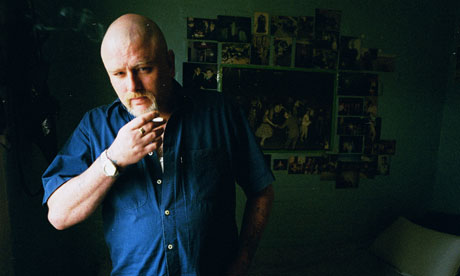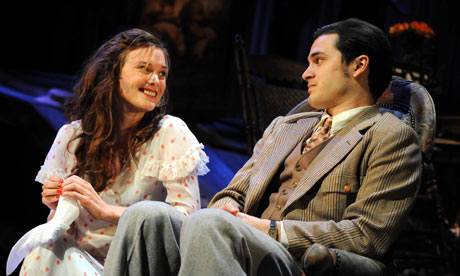Friday 11 March 2011
The details of this week's programme:
Ian McMillan presents another chance to hear a special edition of Radio 3's cabaret of the word, looking at prison writing.
No less than three of the following five things will be happening:
Long-term prisoner turned writer Noel Smith presents a new commission.
Johnny Cash returns from the dead to relive his experiences in San Quentin before joining The Imagined Village to sing "Cum On Feel The Noize".
Academic Molly Murray reveals the history of 16th and 17th century prison writing.
Newcomer Hannah Silva makes her very first appearance on the programme, reciting her latest song-poem "Bird Cage and Airy Porridge". Marvel as she escapes from a bowl-shaped UFO with her feet in a ball and chain while eating breakfast cereal to a background of chromatic transpositions.
Toby Litt visits Parc Prison to learn about its creative writing programme, meeting inmates and writer-in-residence Graham Hartill.
The Verb - This Friday, 9.15pm-10pm, Radio 3
Also available for 7 days on BBC I-Player
The programme was first broadcast on Friday 1 October 2010.
The details of this week's programme:
Ian McMillan presents another chance to hear a special edition of Radio 3's cabaret of the word, looking at prison writing.
No less than three of the following five things will be happening:
Long-term prisoner turned writer Noel Smith presents a new commission.
Johnny Cash returns from the dead to relive his experiences in San Quentin before joining The Imagined Village to sing "Cum On Feel The Noize".
Academic Molly Murray reveals the history of 16th and 17th century prison writing.
Newcomer Hannah Silva makes her very first appearance on the programme, reciting her latest song-poem "Bird Cage and Airy Porridge". Marvel as she escapes from a bowl-shaped UFO with her feet in a ball and chain while eating breakfast cereal to a background of chromatic transpositions.
Toby Litt visits Parc Prison to learn about its creative writing programme, meeting inmates and writer-in-residence Graham Hartill.
The Verb - This Friday, 9.15pm-10pm, Radio 3
Also available for 7 days on BBC I-Player
The programme was first broadcast on Friday 1 October 2010.






Comment